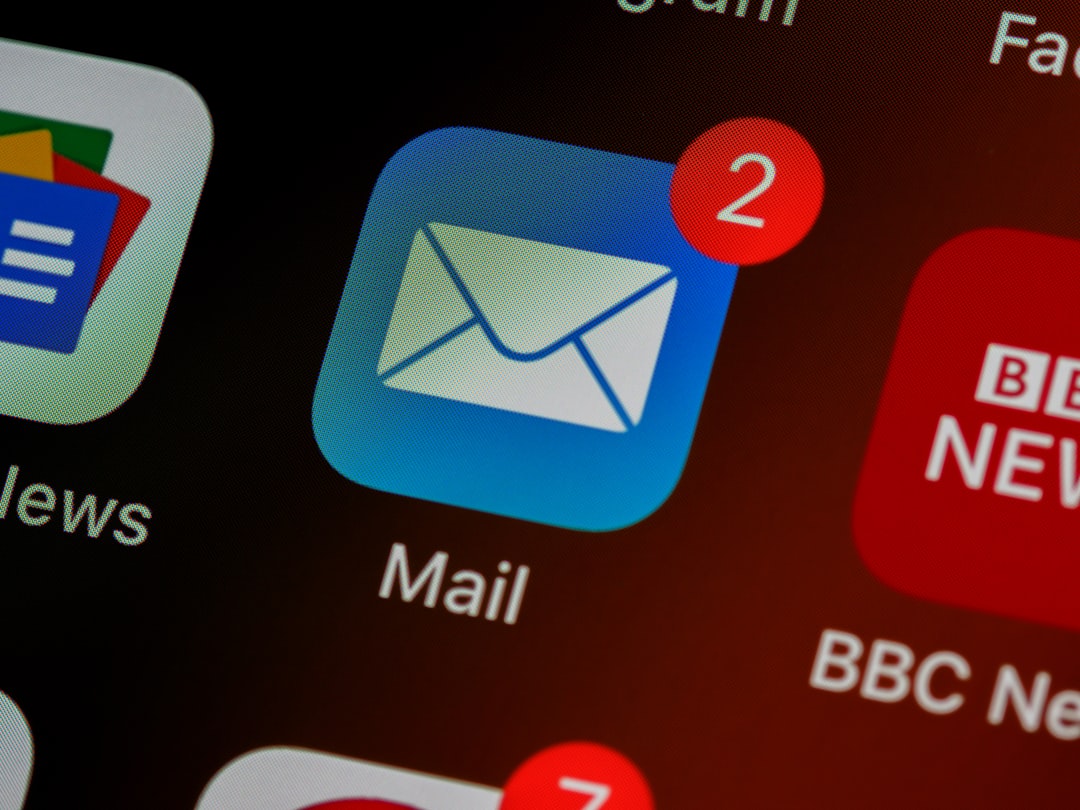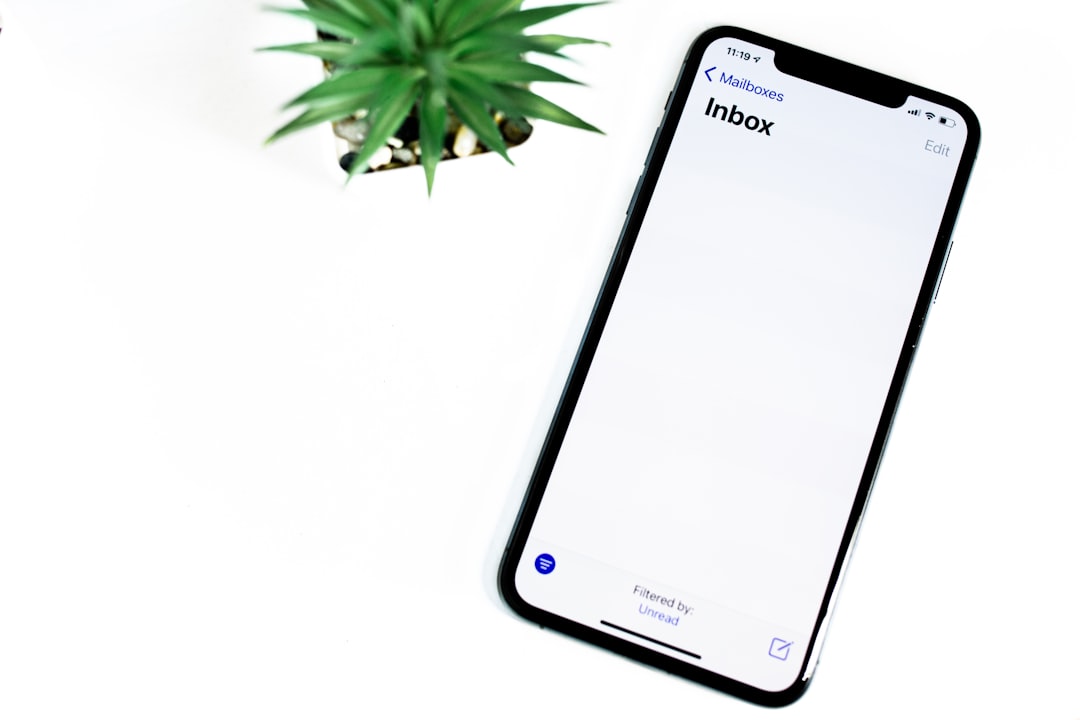Email remains one of the biggest cybersecurity risks for businesses. Phishing attacks, data breaches, and malware infections continue to evolve, making it essential to adopt advanced security measures in 2025.
In this guide, we’ll explore the latest email security best practices and how private email servers can help businesses enhance protection, control, and compliance.
1. Implement Strong Email Authentication (SPF, DKIM, DMARC)
One of the most effective ways to prevent email spoofing and phishing attacks is by implementing email authentication protocols:
✅ SPF (Sender Policy Framework): Prevents attackers from sending emails on your behalf.
✅ DKIM (DomainKeys Identified Mail): Ensures emails are not tampered with in transit.
✅ DMARC (Domain-based Message Authentication, Reporting & Conformance): Enforces email authentication policies to prevent impersonation.
💡 How Our Private Email Solutions Help:
- We configure SPF, DKIM, and DMARC to protect your domain.
- We provide customized email authentication policies to prevent spoofing.
2. Enforce Multi-Factor Authentication (MFA)
Using only a password to protect email accounts is no longer secure. Enforcing multi-factor authentication (MFA) ensures that even if a hacker steals a password, they can’t access the account.
🔒 Recommended MFA Methods:
- TOTP Apps (Google Authenticator, Authy)
- Hardware Security Keys (YubiKey, Titan Key)
- Biometric Authentication (Fingerprint, Face ID)
💡 How Our Private Email Solutions Help:
- We enforce MFA for all email accounts.
- We support hardware security keys for additional protection.
3. Use End-to-End Email Encryption
Standard email services do not encrypt emails by default, meaning hackers, ISPs, and third parties can intercept sensitive messages.
🔐 Best Encryption Practices for 2025:
- TLS (Transport Layer Security): Encrypts emails in transit.
- PGP (Pretty Good Privacy): Encrypts email content and attachments.
- S/MIME (Secure/Multipurpose Internet Mail Extensions): Adds digital signatures and encryption.
💡 How Our Private Email Solutions Help:
- We enable TLS encryption for all email traffic.
- We support PGP and S/MIME for secure email communications.
4. Protect Against Phishing & Malware with AI-Powered Threat Detection
Phishing emails are getting more sophisticated, often bypassing traditional spam filters. In 2025, AI-powered threat detection is essential to block fraudulent emails before they reach inboxes.
⚠️ Advanced Threat Protection Includes:
✅ AI-based spam filtering to detect phishing patterns.
✅ URL & attachment scanning to block malicious links/files.
✅ User training programs to recognize email scams.
💡 How Our Private Email Solutions Help:
- We use AI-powered spam filters to detect and block phishing emails.
- We scan email attachments & links for malware.
5. Regularly Update & Patch Your Email Server
Hackers often exploit outdated email servers to gain access. Keeping your email server software updated is critical to patch vulnerabilities before attackers exploit them.
📌 Key Areas to Secure:
✔️ Mail Server Software (Postfix, Exim, Microsoft Exchange)
✔️ Webmail Clients (Roundcube, RainLoop, Zimbra)
✔️ Email Security Tools (SpamAssassin, ClamAV, Rspamd)
💡 How Our Private Email Solutions Help:
- We handle automatic security updates for email servers.
- We apply firewall rules & intrusion detection to prevent attacks.
6. Implement Zero Trust Email Access Policies
Zero Trust security ensures that no user or device is trusted by default, even inside the organization.
🔐 Zero Trust Email Security Practices:
✅ Restrict email access based on device & location.
✅ Limit external forwarding to prevent data leaks.
✅ Block unauthorized IMAP & POP3 access.
💡 How Our Private Email Solutions Help:
- We enforce Zero Trust policies for email access control.
- We provide detailed email access logs & alerts.
7. Back Up Your Emails to Prevent Data Loss
Ransomware, accidental deletion, or server failures can wipe out critical business emails. Having a secure, automated backup system ensures you never lose important data.
💾 Best Email Backup Strategies for 2025:
- Automated daily backups (on-premise & cloud).
- Encrypted email storage to prevent unauthorized access.
- Disaster recovery plans for quick restoration.
💡 How Our Private Email Solutions Help:
- We provide automated encrypted backups for all email accounts.
- We offer custom retention policies based on business needs.
Protect Your Business with a Secure Private Email Server
The best way to ensure maximum email security in 2025 is by switching to a private, self-hosted email server with advanced security features.
Why Choose a Private Email Server?
✔️ Full control over security & compliance.
✔️ No third-party access to emails.
✔️ Advanced encryption & authentication options.
✔️ Custom spam filtering & phishing protection.
📌 Looking for a secure email solution?
We help businesses set up and manage private email servers with best-in-class security.
👉 Contact us today to protect your business from email threats!










0 Comments